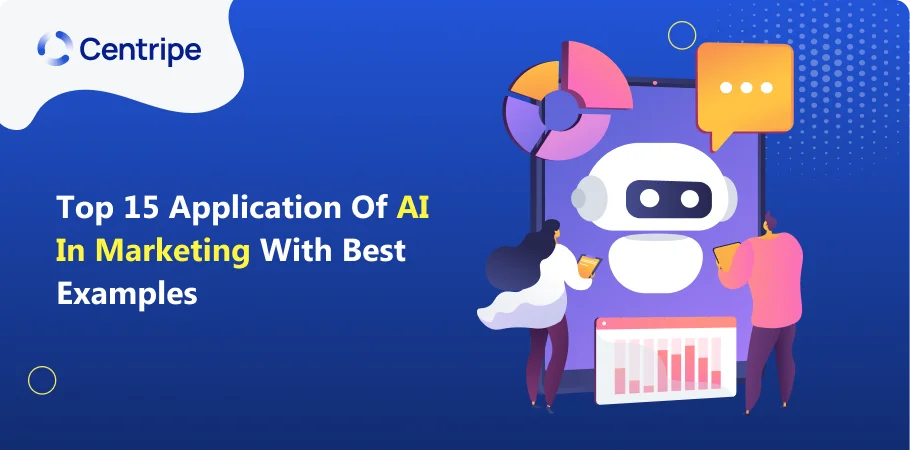In today’s digital world AI is changing the way we do marketing. With AI technology moving so fast marketers now have the tools to transform customer engagement, campaign management and data driven decision making. The impact of AI on marketing means brands can connect with their audience on a much more personal level, drive engagement and build stronger relationships with their customers.
By applying AI in marketing brands can now automate complex processes, predict customer preferences and provide recommendations that were previously impossible. From customer insights to campaign optimisation the application of AI in marketing is more efficient and effective across all channels.
Here we’ll look at the 15 AI marketing examples with real life examples of how the industry is using these tools. Whether it’s AI in sales and marketing or AI marketing automation these are the applications for marketing integrated with AI that will help you create marketing strategies that deliver. See how AI can work for you and get inspired by these real life AI marketing examples.
15 AI marketing examples
1. Chatbots and Virtual Assistants
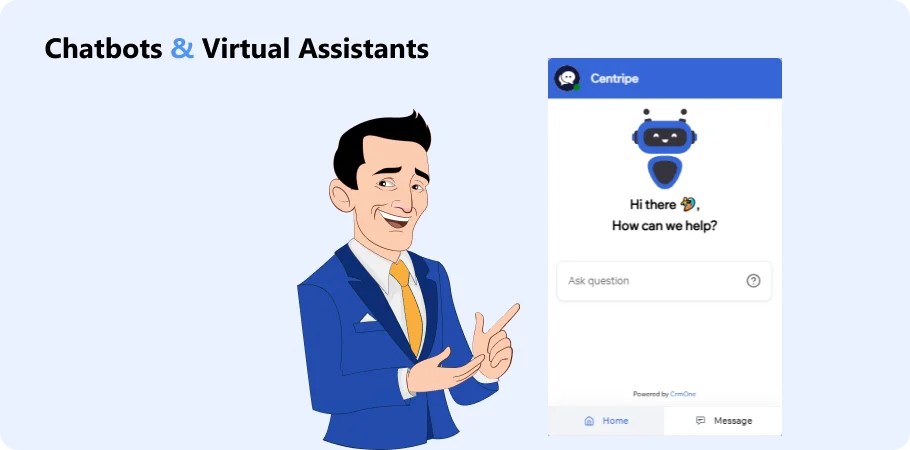
Application:
AI powered chatbots and virtual assistants handle customer inquiries in real time, providing fast and personalised service. AI powered tools enhance the customer experience by delivering quick responses and tailored recommendations and improve customer retention. Chatbots are also good for generating leads and helping brands understand customer preferences through conversational data.
Example:
Centripe: Centripe’s AI-powered chatbot serves as a seamless virtual assistant that responds to customer inquiries, provides personalized recommendations, and offers real-time assistance. By analyzing customer interactions, Centripe’s chatbot can tailor responses based on user preferences, anticipate customer needs, and gather data that helps marketing teams better understand customer behaviors and preferences. This leads to improved customer satisfaction, quicker issue resolution, and valuable insights for lead generation and nurturing—making it a powerful tool for businesses aiming to enhance customer engagement.
2. Customer Segmentation
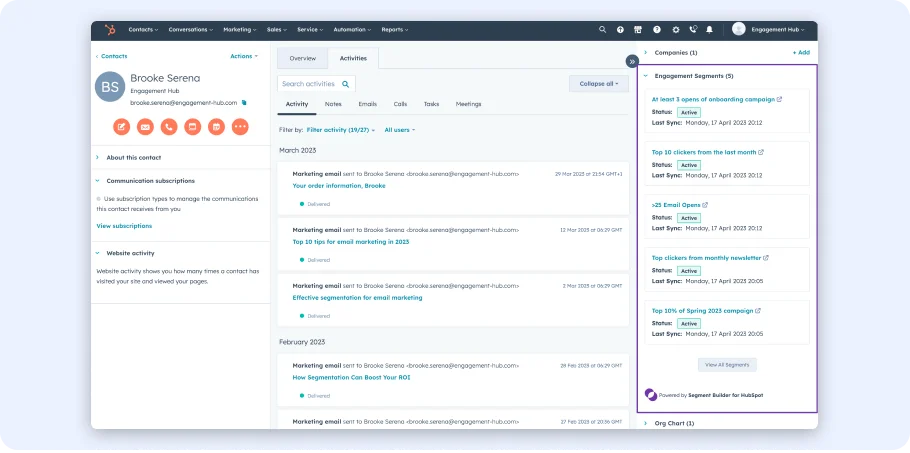
Application:
AI customer segmentation allows digital marketing teams to group customer data into precise segments based on demographics, purchase behaviour and preferences. By processing large amounts of customer data artificial intelligence and machine learning can identify patterns that marketers can use to tailor their approach to each segment. This allows businesses to deliver targeted messages and personal experiences to each segment.
Example:
HubSpot CRM’s AI engine automatically segments customer groups based on data like purchase history, engagement patterns, and demographics. This feature enables marketers to create targeted campaigns that resonate more deeply, making it easier to engage users with relevant offers.
3. Predictive Analytics
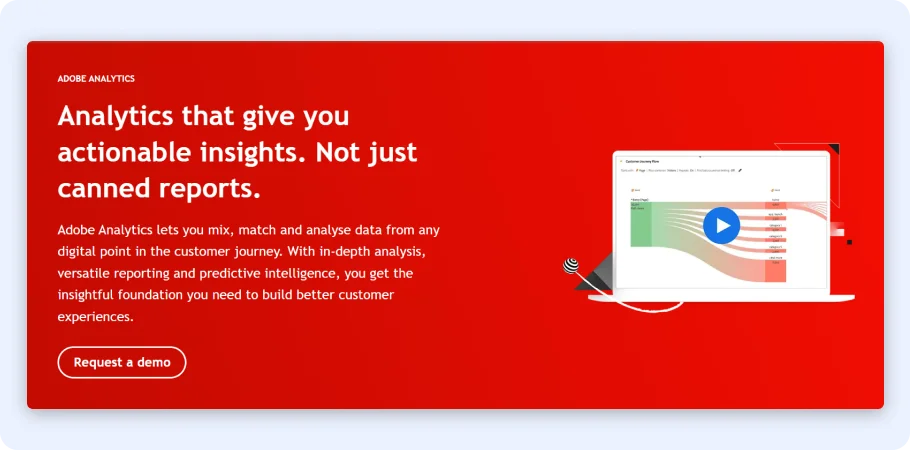
Application:
Predictive analytics uses historical data to forecast future customer behaviour. AI tools can process large datasets to predict customer actions so marketing teams can anticipate needs and create digital marketing strategies. By understanding potential behaviour brands can optimise digital marketing campaigns to engage with customers at the right time and improve overall effectiveness and ROI.
Example:
Adobe Analytics’ Predictive Intelligence: Adobe Analytics uses machine learning to predict customer behaviors by analyzing browsing patterns, purchase history, and demographic data. This helps marketers tailor their campaigns proactively, reaching out to potential customers before they even realize they need the product.
4. Personalised Recommendations Application:
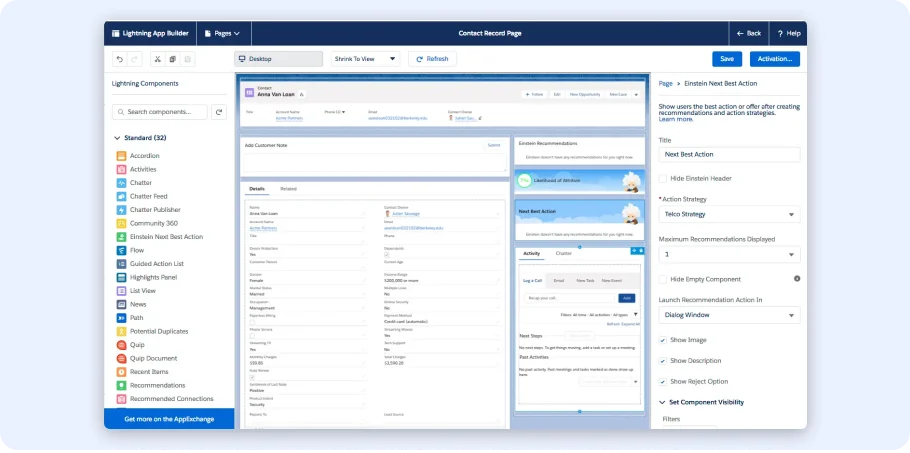
With proper application of AI in marketing and how it looks at user behaviour to deliver product or content recommendations that match each customer’s interests. Machine learning algorithms assess various customer data points such as purchase history and browsing patterns to generate suggestions that are highly relevant to each user. This personalisation creates a unique experience for each customer which can increase engagement and long term loyalty.
Example:
Salesforce’s Einstein Recommendations: With Einstein Recommendations, Salesforce personalizes product suggestions by understanding a customer’s browsing habits and purchase history. It ensures customers discover items that match their preferences, which leads to higher satisfaction and increased sales.broad promotions.
5. Automated A/B Testing

Application:
AI runs multiple versions of campaigns and analyses the results to determine the best performing versions. AI driven A/B testing reduces the need for manual testing and allows marketers to focus on creative digital marketing strategies. By continually optimising campaign elements AI helps brands get better engagement, click through and conversion rates in their targeted digital marketing campaigns.
Example:
Optimizely’s AI Testing: Optimizely uses machine learning to test different campaign elements, from colors to headlines, predicting which combinations will yield the highest engagement. This allows brands to optimize marketing materials quickly without relying on lengthy trial-and-error processes.
6. Social Media Monitoring and Analysis
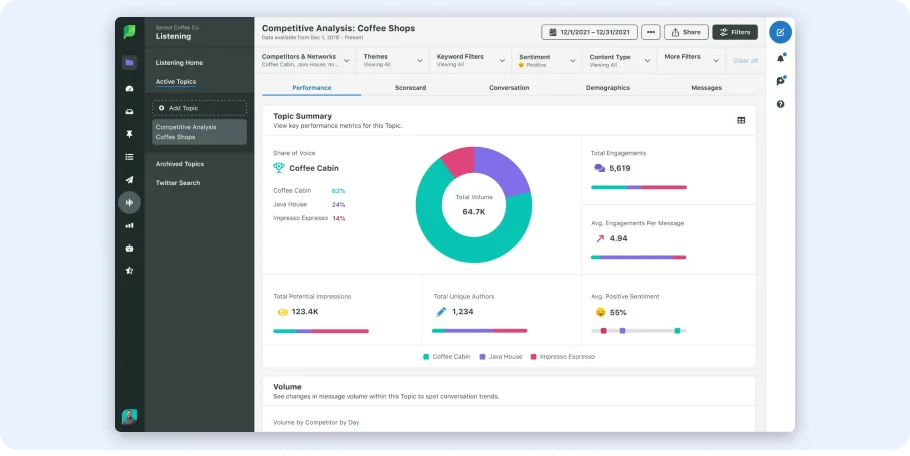
Application:
AI tools monitor social media in real time, looking for brand mentions, feedback and trending topics. By analysing complex data on customer sentiment and brand perception AI helps digital marketers adjust their digital marketing strategies and ai generated content based on public sentiment. This allows brands to adapt quickly, maintain a positive brand image and deliver content that resonates with customers.
Example:
Sprout Social’s Sentiment Analysis: Sprout Social’s AI examines comments and interactions on social media to gauge public sentiment. This analysis helps brands respond promptly to issues or capitalize on positive feedback, creating a stronger connection with their audience.
7. Ad Targeting and Optimisation
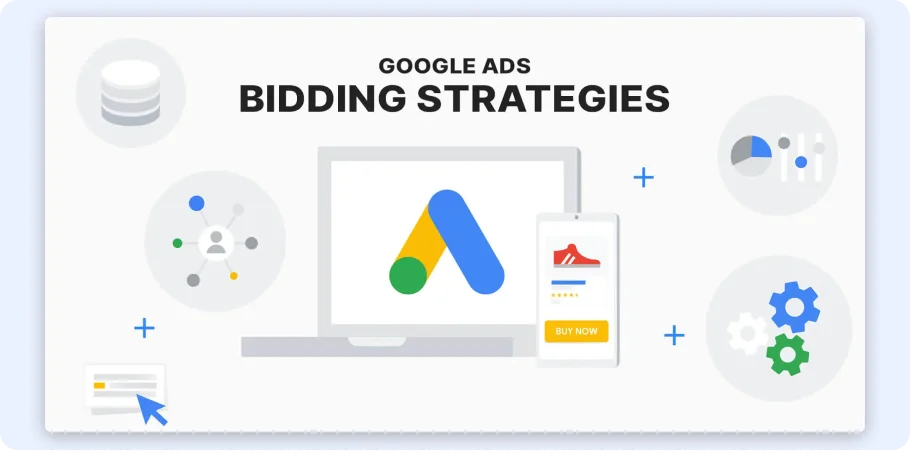
Application:
AI powered digital marketing tools allow for highly targeted ad placement by looking at market data, audience behaviour and engagement patterns. By using AI to identify the best placement and refine targeting marketers can get better results and increase ROI. This means ads reach the right audience and campaigns are more effective and less wasteful. With marketing AI businesses can create more precise marketing strategies, enhance their content marketing and get better engagement rates. These tools use AI models to generate content and optimise ad
Example:
Google Ads Smart Bidding: Google Ads leverages AI to predict which ad placements and bidding strategies are most likely to lead to conversions. This feature allows marketers to focus ad spend on high-impact areas, boosting return on investment without manual adjustments.
8. Dynamic Content
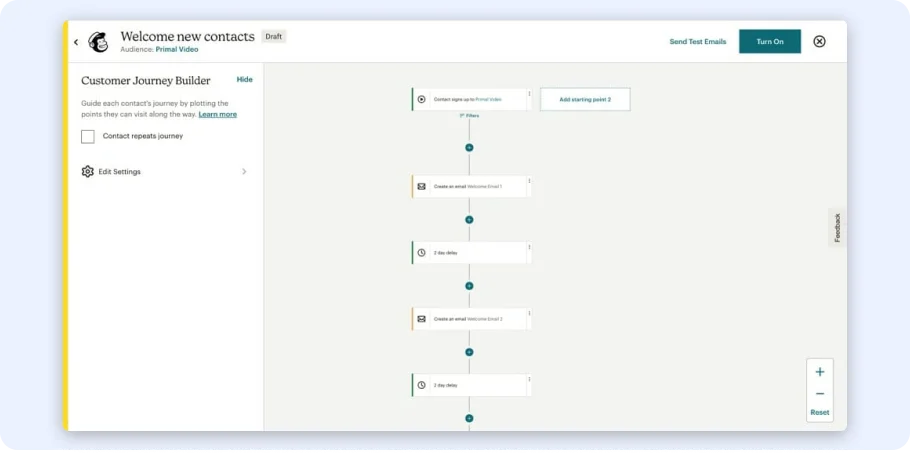
Application:
AI generated content allows marketers to create dynamic personalised messages that resonate with specific target audiences. AI tools can generate emails, blog posts and even ad copy so brands can engage with users with content that feels tailored to them. AI can also use natural language processing to optimise messaging in real time based on customer responses and improve overall engagement.
Example:
Mailchimp’s Dynamic Content Automation: Mailchimp’s AI helps marketers design emails that adapt to user segments dynamically. By personalizing messages based on customer data, businesses can enhance open and engagement rates, making emails feel like one-on-one conversations rather than
9. Email Marketing Automation
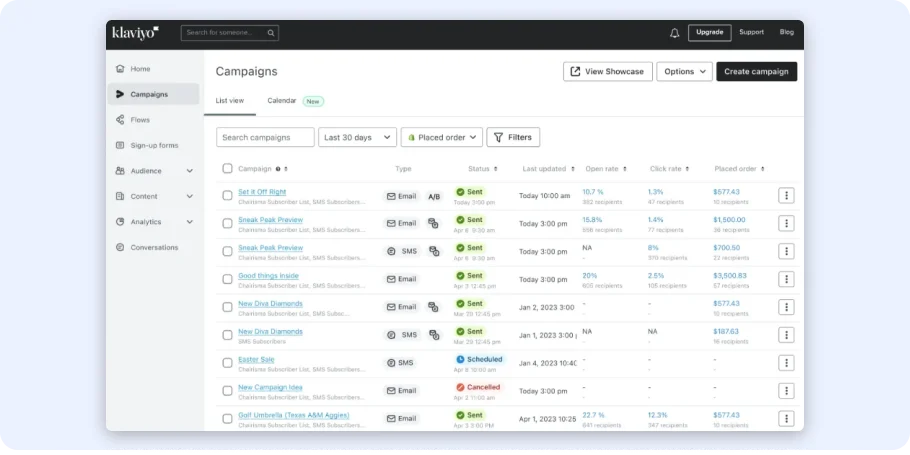
Application:
AI driven automation customises email campaigns by creating content and sending times based on historical data and user engagement. AI marketing tools look at customer preferences and consumer data to help digital marketers reach their audience at the best times and get better customer retention and engagement in their marketing campaigns.
Example:
Klaviyo’s AI-Driven Email Campaigns: Klaviyo’s AI analyzes user behavior and sends automated, personalized emails at the right time. By crafting messages that align with a customer’s journey, businesses can improve open rates and foster long-term customer loyalty.
10. Voice Search Optimisation
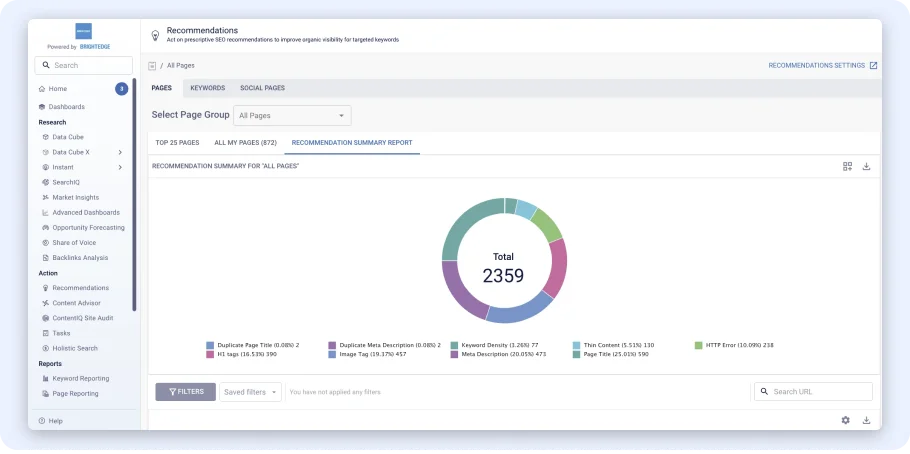
Application:
AI optimises content for voice search so it’s available to customers who use smart devices. Using natural language processing AI driven marketing automation strategies adapt content for voice based queries and help brands reach a bigger audience and improve SEO for future strategies.
Example:
BrightEdge Voice Search Optimization: BrightEdge provides AI tools to help marketers tailor content for voice searches. By analyzing conversational keywords, it ensures brands appear in search results for queries made via voice, like on Google Assistant or Siri, increasing visibility.
11. Customer Sentiment Analysis
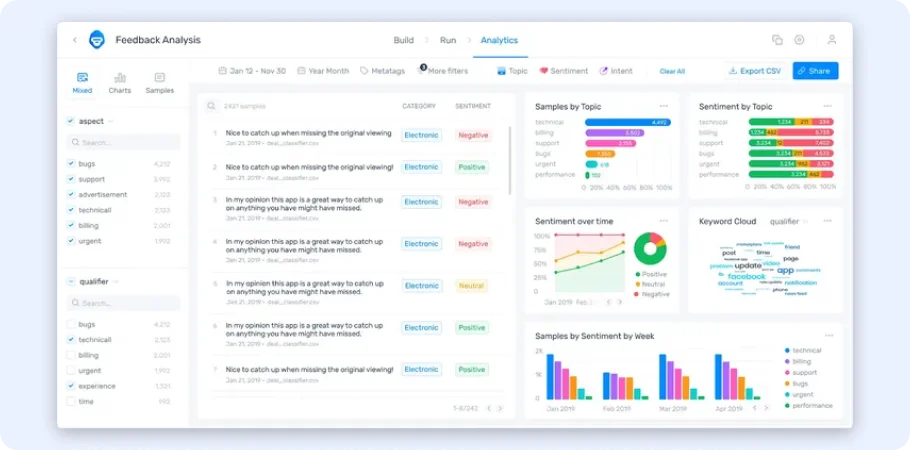
Application:
AI tools allow brands to look at customer feedback and monitor social media mentions. This application of AI in marketing uses natural language processing and machine learning to measure customer sentiment so marketing teams can refine their message and improve customer experience.
Example:
MonkeyLearn’s Text Analysis: MonkeyLearn’s AI sifts through customer reviews and comments to gauge sentiment, helping brands understand how customers feel about their products. This insight allows companies to adjust strategies and respond to customer needs proactively.
12. Sales Forecasting
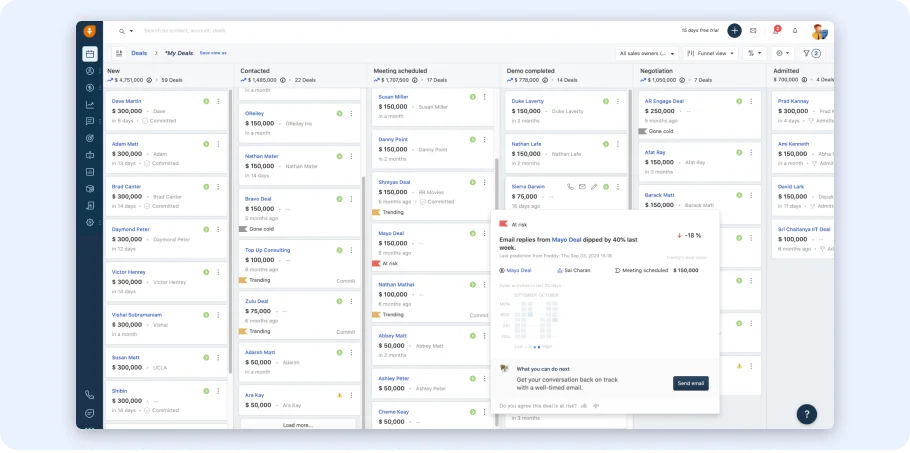
Application:
AI powered predictive analytics helps with sales forecasting by looking at historical data to identify trends. Machine learning helps marketing teams and sales teams plan budgets, manage inventory and implement creative marketing strategies so they can meet customer demand.
Example:
Freshsales’ AI-Powered Forecasting: Freshsales uses machine learning to analyze past sales trends and current pipeline status, helping sales teams anticipate revenue for upcoming quarters. This insight aids in resource allocation and goal setting.
13. Lead Scoring and Qualification
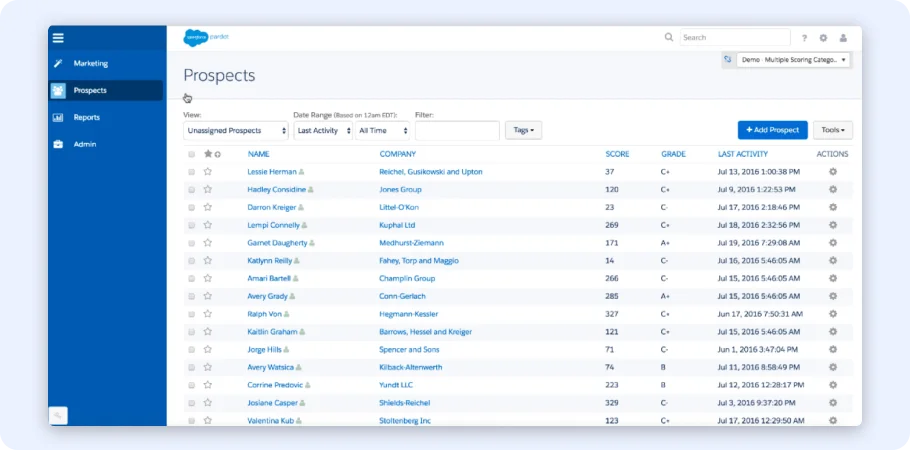
Application:
AI uses predictive analytics and machine learning to evaluate and score leads based on multiple customer data points such as previous interactions, behaviour on digital platforms and demographic information. By automating the lead scoring process AI tools allow marketing and sales teams to focus on high quality leads that are more likely to convert and optimise their efforts and customer journey.
Example:
Salesforce’s Einstein Lead Scoring uses artificial intelligence to score leads based on conversion potential. This predictive analytics tool looks at complex customer data to identify high value prospects so sales teams can prioritise leads with the biggest impact on revenue. For digital marketers this AI tool simplifies the lead qualification process and creates more efficient customer acquisition marketing.
14. Marketing Automation for Day to Day Tasks
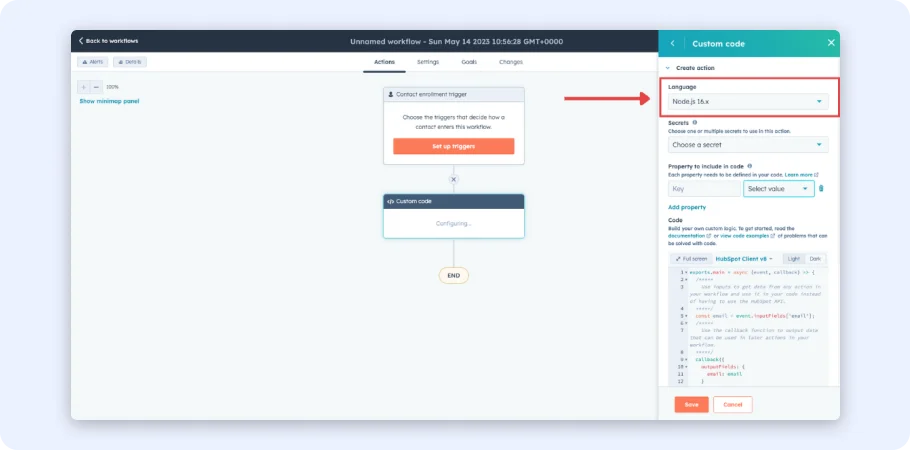
Application:
Application of AI in marketing automation reduces time spent on mundane tasks such as social media scheduling, email follow ups and content creation which are part of digital marketing campaigns. By automating these tasks AI frees up marketing teams to focus on strategic activities that are creative and customer engaging.
Example:
HubSpot’s Workflow Automation: HubSpot’s AI-driven automation assists in daily marketing tasks, from scheduling social posts to sending follow-up emails. This allows marketers to focus on strategy rather than routine tasks, increasing overall productivity.
15. Performance Analytics and Reporting
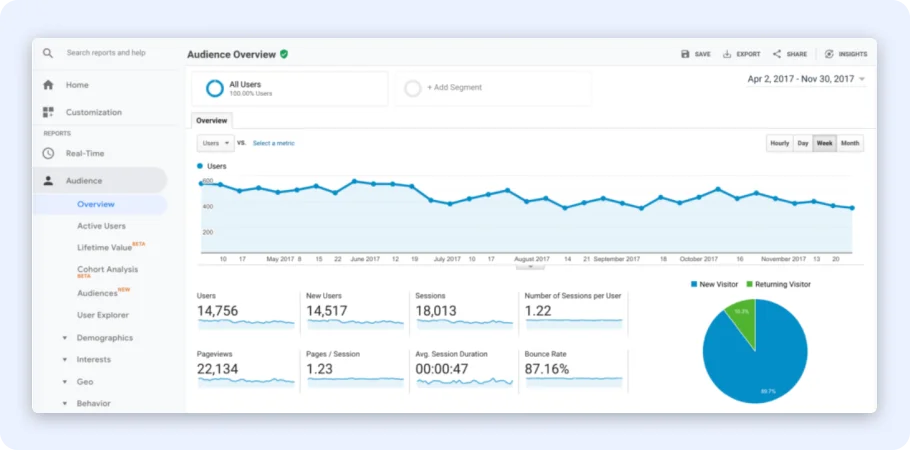
Application:
AI brings together marketing campaigns and historical data to provide insights and actionable analytics to refine marketing strategies. Machine learning in AI detects trends in customer data so marketing teams can understand performance metrics and tailor their marketing.
Example:
Google Analytics uses artificial intelligence to analyse customer behaviour so marketers can improve campaigns based on actual data. The platform’s AI tools provide deep analytics on user interaction and engagement so digital marketers can implement creative marketing strategies. By processing large amounts of customer and historical data Google Analytics’ AI tools inform decision making and drive better marketing campaigns.
Conclusion
Application of AI in marketing is changing digital marketing, giving businesses the tools to engage with customers, optimise campaigns and grow. From predictive analytics to automated content creation AI makes marketing more efficient and effective and more ROI. AI will continue to get better at smart content curation and programmatic media bidding so brands can deliver more targeted marketing.
Centripe uses AI to simplify marketing, with features like AI lead scoring, automation and data analytics. By using Centripe businesses can optimise their content creation process and make it more data driven and impactful. So brands can focus on delivering content and experiences that resonate with their target audience.
As AI gets better marketers will be able to refine their strategies, optimise campaigns and succeed more and stay ahead of the game.
